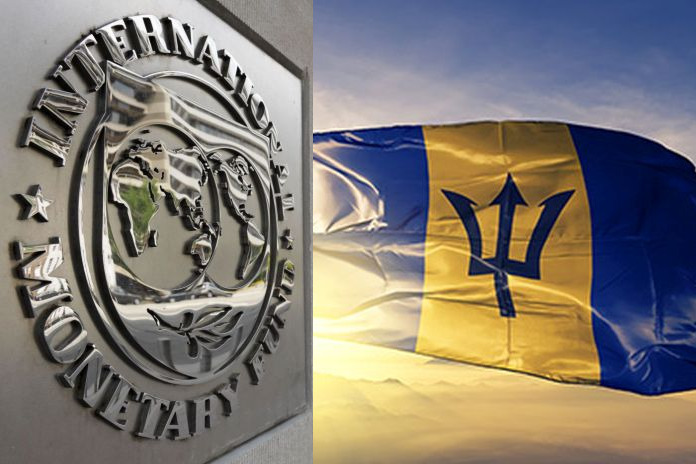- The IMF Executive Board concluded the third reviews under the Extended Fund Facility (EFF) and the Resilience and Sustainability Facility (RSF), allowing for an immediate disbursement of SDR 14.175 million (about US$19 million) under the EFF and SDR 28.35 million (about US$37 million) under the RSF.
- Barbados’ economy has recovered to pre-pandemic levels and the external position has improved. GDP growth is expected to remain strong in 2024, driven by dynamism in tourism and related sectors.
- Implementation of the home-grown Barbados Economic Recovery and Transformation (BERT 2022) plan and the ambitious climate policy agenda continues to be strong.
BARBADOS / USA – The executive board of the International Monetary Fund (IMF) concluded the Third Reviews of the Extended Fund Facility (EFF) and the Resilience and Sustainability Facility (RSF) arrangements with Barbados on a lapse-of-time basis.
The conclusion of the reviews allows the authorities to draw the equivalent of SDR 14.175 million (about US$19 million) under the EFF and SDR 28.35 million (about US$37 million) under the RSF. This brings total disbursements under the EFF to SDR 56.7 million (about US$75 million) and SDR 85.05 million (about US$112 million) under the RSF.
In 2023, the Barbadian economy grew by an estimated 4.4 percent, driven by a rebound in tourism and related sectors. Inflation moderated gradually with the easing of international commodity prices but remained somewhat elevated due to higher prices of certain domestic crops, reflecting adverse weather conditions and stronger demand for tourism-related services. The external position strengthened, with the current account deficit narrowing to 9 percent of GDP and ample international reserves (US$1.5 billion at end-2023; equivalent to over seven months of imports) continuing to support the exchange rate peg.
GDP growth is expected to remain strong in 2024, driven by further growth in tourist arrivals. Inflation is projected to moderate to 3.1 percent by end-2024, in line with global commodity price trends and the recovery in domestic agricultural production. The current account deficit is expected to narrow further to 7.4 percent of GDP. Nevertheless, risks to the outlook remain elevated, with Barbados remaining vulnerable to potential global economic and financial shocks and natural disasters. These risks are mitigated by the authorities’ excellent track record of implementation and strong commitment to reform.
Program performance remains strong. All quantitative performance criteria and indicative targets for the third review of the EFF were met. The authorities exceeded the primary surplus target for FY 2023/24 and are targeting 4 percent of GDP for FY 2024/25. Public debt has fallen back to pre-pandemic levels and the authorities remain committed to bringing it down to 60 percent of GDP by FY 2035/36. The authorities met key structural benchmarks, including reforms to state-owned enterprises, the public pension scheme, the tax and customs exemption regimes, public procurement processes, and public financial management. The two RSF reform measures set for the third review were also implemented, supporting the government’s ambitious climate-policy agenda.
A new Stormwater Management Act to improve flood resilience was tabled in parliament and an Energy Efficiency and Conservation Policy Framework for government agencies and public lighting was approved by cabinet.
The executive board takes decisions under its lapse-of-time procedure when the board agrees that a proposal can be considered without convening formal discussions.
IMF Communications Department





